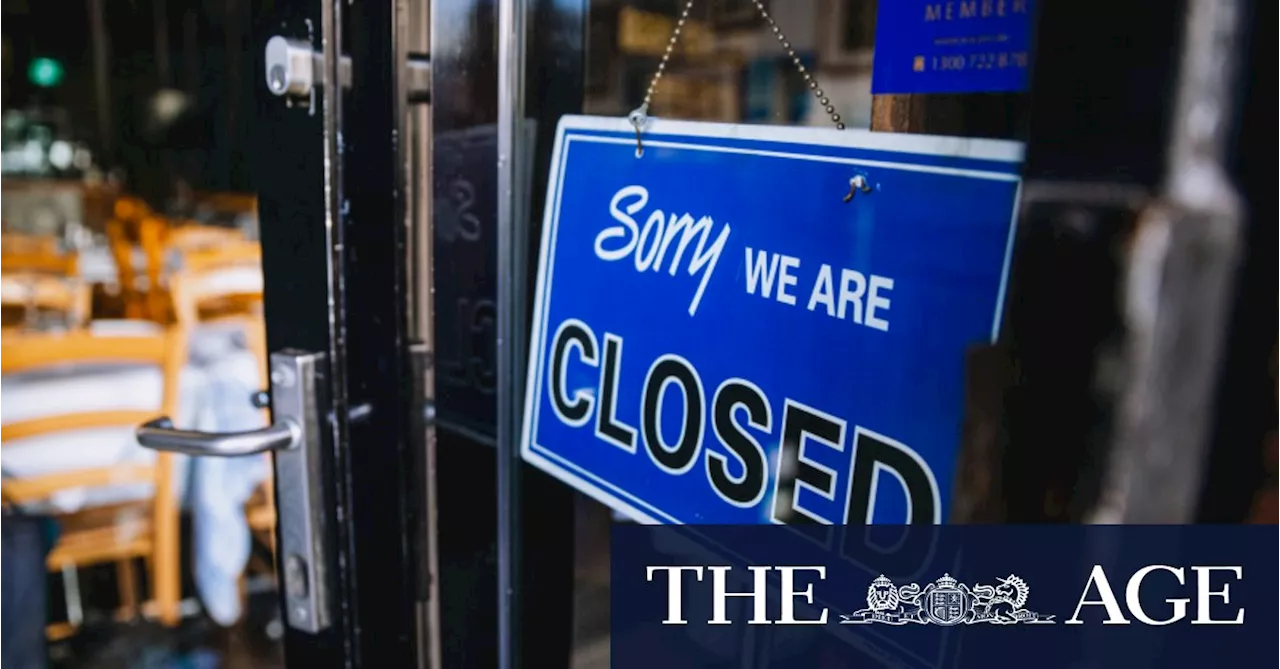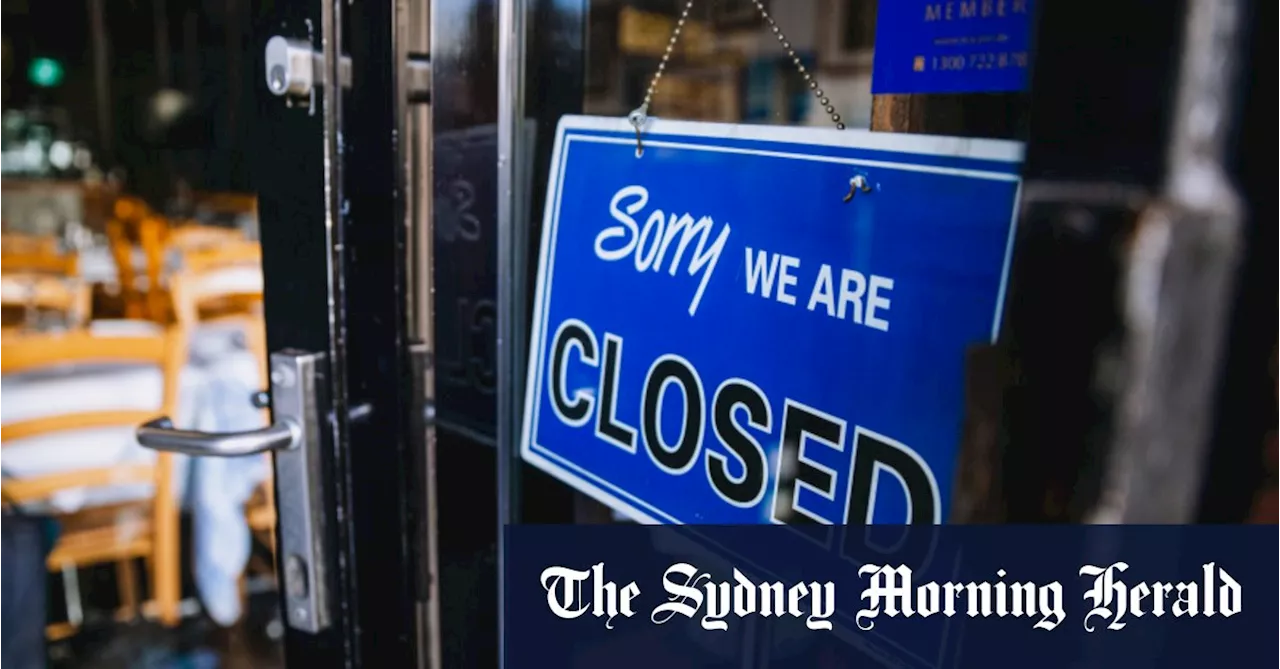Companies facing higher costs will have less capacity to pass them onto already struggling customers, meaning profit margins will be squeezed by pricey fuel.
High prices at the petrol bowser will further crimp consumer spending and squeeze profit margins, as companies are forced to absorb higher input costs rather than pass them on to consumers, according to economists.
“Now many other commodity prices are down, goods prices have generally weakened, reopening euphoria has long faded, and monetary policy is tight which has hit households.”Average weekly petrol prices hit a 12-month high $2.11 in the final fortnight of September, rising sharply from a 12-month low of $1.94 in July. Mr Oliver expects that would add 0.3 percentage points to September quarter inflation figures due to be released on October 25.
But while high pump prices flow directly to consumers and the critical consumer price index – the Reserve Bank of Australia’s key measure for setting interest rates – the broad implications were more complicated. “An increase today is much more likely to reduce demand than stoke inflation,” Mr Yetsenga said, adding, however, it was still an open question how businesses dealt with higher input costs.
While booming consumer demand unpinned by massive pandemic-era stimulus helped drive record levels of spending during 2022, which in turn allowed many local companies to largely pass on surging input costs and wages to maintain profit margins, that will become increasingly difficult.
Australia Latest News, Australia Headlines
Similar News:You can also read news stories similar to this one that we have collected from other news sources.
 Debts written off, companies wound up: The downside of Qld’s COVID loansThe Palaszczuk government is standing by its $1 billion COVID-19 Jobs Support Loan scheme, even after the Auditor-General warned it was too generous.
Debts written off, companies wound up: The downside of Qld’s COVID loansThe Palaszczuk government is standing by its $1 billion COVID-19 Jobs Support Loan scheme, even after the Auditor-General warned it was too generous.
Read more »
 Recruitment, labour hire companies collapse amid worker reluctance to swap jobsA slowdown in economic growth has tightened the jobs market, putting recruiters and staffing agencies into liquidation.
Recruitment, labour hire companies collapse amid worker reluctance to swap jobsA slowdown in economic growth has tightened the jobs market, putting recruiters and staffing agencies into liquidation.
Read more »
 Recruitment, labour hire companies collapse amid worker reluctance to swap jobsA slowdown in economic growth has tightened the jobs market, putting recruiters and staffing agencies into liquidation.
Recruitment, labour hire companies collapse amid worker reluctance to swap jobsA slowdown in economic growth has tightened the jobs market, putting recruiters and staffing agencies into liquidation.
Read more »
 Recruitment, labour hire companies collapse amid worker reluctance to swap jobsA slowdown in economic growth has tightened the jobs market, putting recruiters and staffing agencies into liquidation.
Recruitment, labour hire companies collapse amid worker reluctance to swap jobsA slowdown in economic growth has tightened the jobs market, putting recruiters and staffing agencies into liquidation.
Read more »
 Tax ‘won’t shift the dial’ on housing crisisThe efficacy of an expanded land tax in solving Victoria’s housing crisis has been questioned after a week of attacks from the opposition.
Tax ‘won’t shift the dial’ on housing crisisThe efficacy of an expanded land tax in solving Victoria’s housing crisis has been questioned after a week of attacks from the opposition.
Read more »
